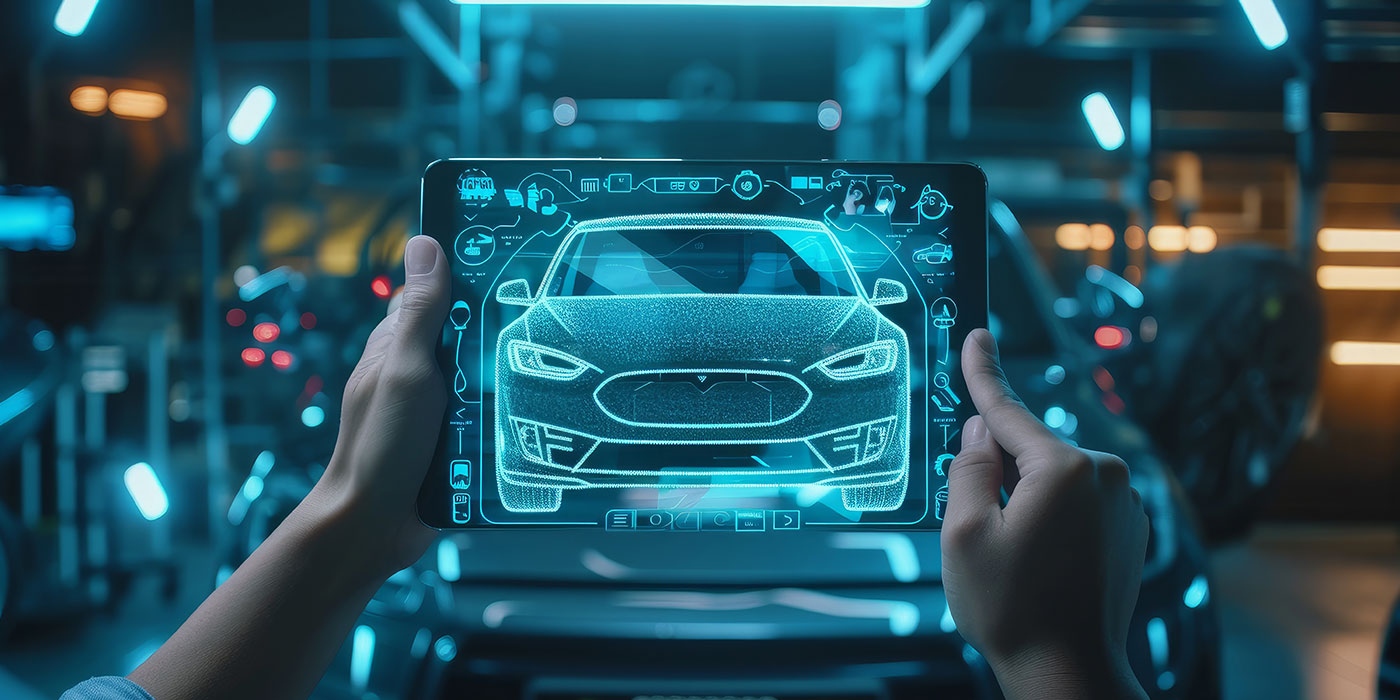In baseball, one slight alteration in the way a hitter approaches the ball can be the difference between a strike and a home run. If a batter’s swing is off by only a few millimeters, or even just a fraction of a millimeter, it makes all the difference in how powerfully they hit the ball, foul it off or strike out entirely.
While we’re still early into 2018, now is the perfect time to rethink, rewire, reverse and re-evaluate the way you sell cars. In order to solve your dealership’s operations problems, you have to change how you approach the ball. It’s once again time to disrupt the game and attack from a new angle.
Vendors, dealers, agencies, digital advertisers, partners and OEMs all have the same end goal: to sell more cars and gain more customers. The dealerships — and the experiences customers have at those dealerships — determine whether or not people buy cars, so dealer support is what it’s all about.
The car business is in desperate need of a complete paradigm shift. Revolution starts with forgetting everything you think you know and making decisions based on facts and a scientific approach.
Thomas Kuhn is an American physicist and philosopher regarded by Stanford as one of the most influential philosophers of the 20th century, if not the single most influential. The University of California, Berkeley, credits Kuhn for the defining paradigm shifts and the idea of scientific revolution as one and the same:
“Kuhn famously distinguished between normal science, where scientists solve puzzles within a particular framework or paradigm, and revolutionary science, when the paradigm gets overturned.”
During times of scientific revolution, anomalies disproving old theories are broken down, and new theories form to take their place in what’s known as a “paradigm shift.” So how does this relate to selling cars? The scientific definition of a paradigm shift is really just a fancy way of saying, “You don’t know what you don’t know…until you know.” Or in other words, you’ll never be able to know what you’re winning until you know what you’re losing.
The fact is, science is the only paradigm to live by in the information age. Undoing everything we think we know is not an easy task, especially for an industry overpopulated with often-unjustified ego. There is this mindset that dealers only need to measure themselves against themselves. But when you think about it, that’s a myopic way of looking at your business.
If you sell 200 cars this month and you only sold 170 last month, for instance, that means you’re improving, right? Not necessarily. To be able to see what’s really happening in your market, we need to look at the entire landscape of the opportunities you’re working. Selling 200 cars is great, but 240 is better. And having the ability to see all these existing opportunities without spending an additional dollar on your marketing? That’s revolutionary.
Another common misconception is that if you don’t sell a car within the first week or two of the lead hitting your CRM, that customer is not going buy. Seems logical, right? Wrong — and here’s a perfect example:
One dealership was seeing a jump in sales between Day Eight and Day 14 post-lead in their CRM. They did a great job picking it back up and getting more sales during this time frame. However, in actuality during this same time, more than twice as many customers purchased from one of their competitors. The data shows that during Days eight to 14 when this dealership thought they were killing it with 60 sales, there were 150 customers, marked as “opportunities” in their CRM, who they touched, who went on to buy a car somewhere else. That’s a problem.
When we approach this same data set from a scientific perspective, we see something entirely different that our industry has never thought to focus on before: the loss. If we can see all the opportunities you let slide through the cracks, along with the people or sources tied to those defections, we can then see a new side of an often-skewed story. We can’t just look at the wins; there is a lot we can learn from knowing the number of customers our dealership encountered that left to purchase somewhere else.
Because the dealership in the example had never been able to compare closed sales versus defections in this capacity, they really had no idea what was going on both in their own store and in their market overall. During a timeframe where they thought they were winning, they lost 100 sales to same make competitors and another 50 to competing brands in their market.
So, we start to see these ailments, or weaknesses, that start bubbling up to the surface. It’s also important to keep in mind that each and every dealership is unique — that’s fact, not opinion. If you attack the way you sell cars with a science-based approach, you start to see sales and defection data differently than you’ve ever seen it before and the facts become crystal clear.
Never underestimate the power of knowing what you’re losing. Think about it this way: It’s a lot like choosing to watch a movie in black and white when you have the option to watch it in 3D HD, multidimensional color. Which would you choose when it comes to the way you view your CRM data?














